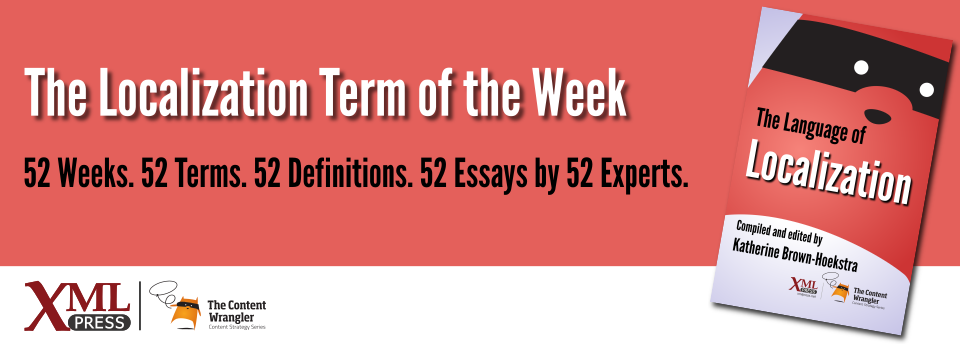What is it?
The art of optimizing a website so search results for the site appear in search engines, regardless of language or region. Also known as international search engine optimization (ISEO).
Why is it important?
Allows content to be found and consumed by more people than the nearest competitor by increasing findability in search engines result pages, regardless of the language of search.
...continue reading "Term of the Week: Multilingual Search Engine Optimization (MSEO)"
